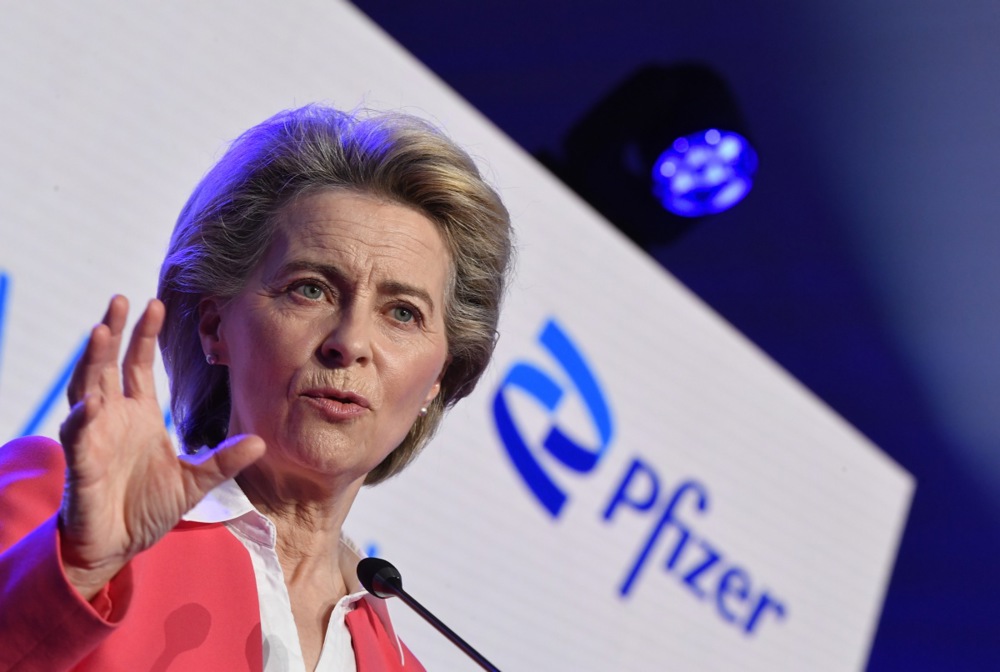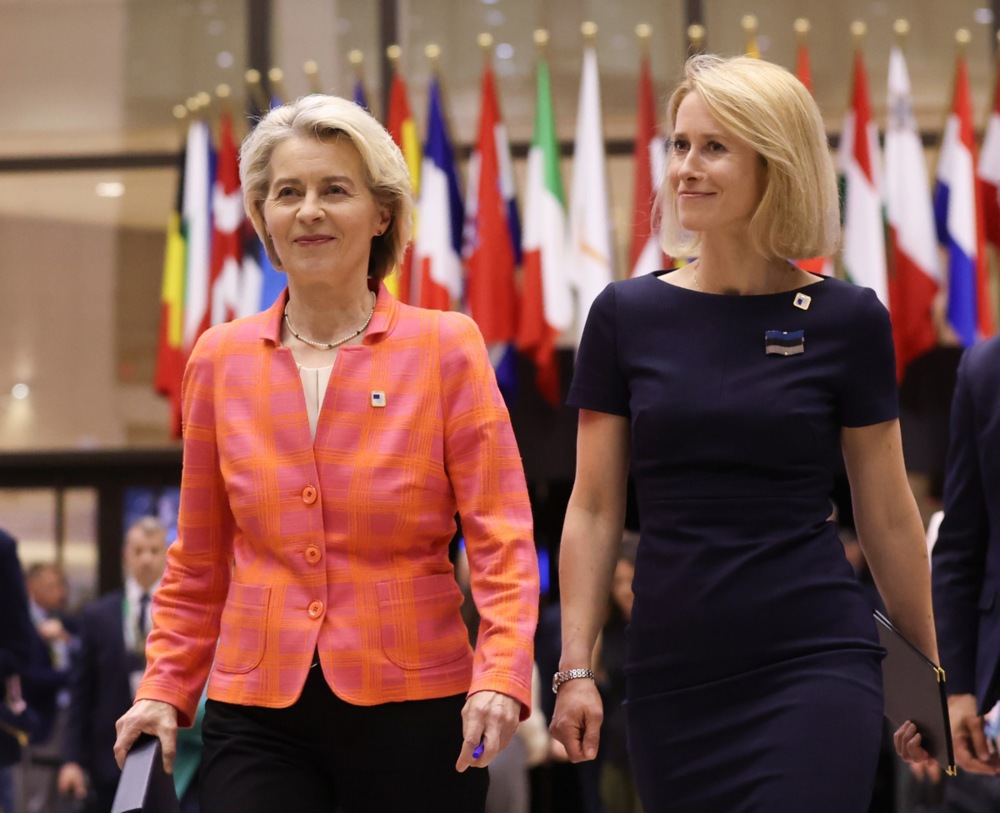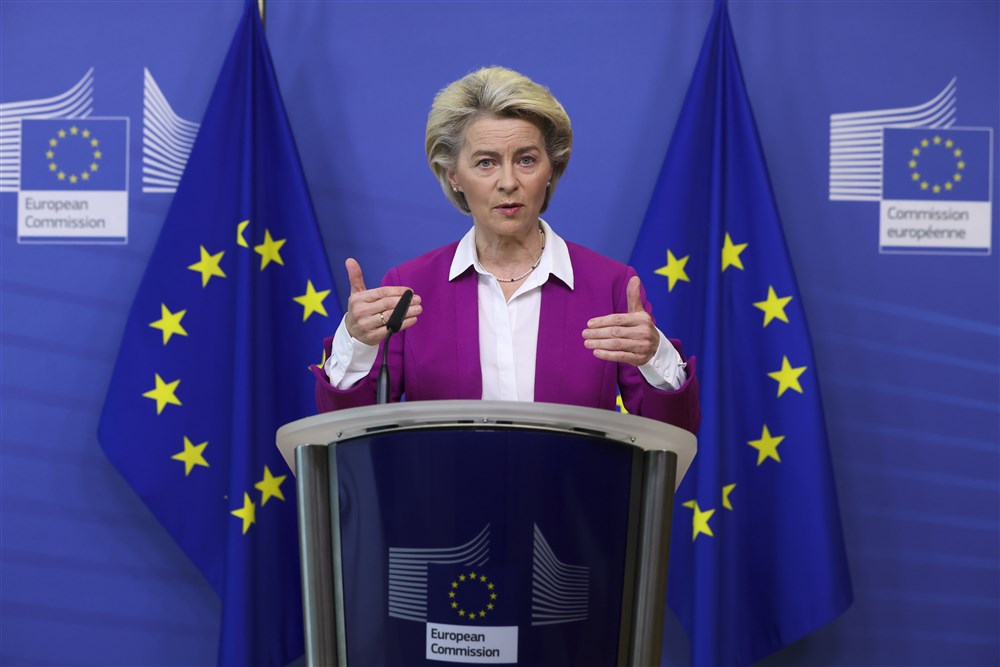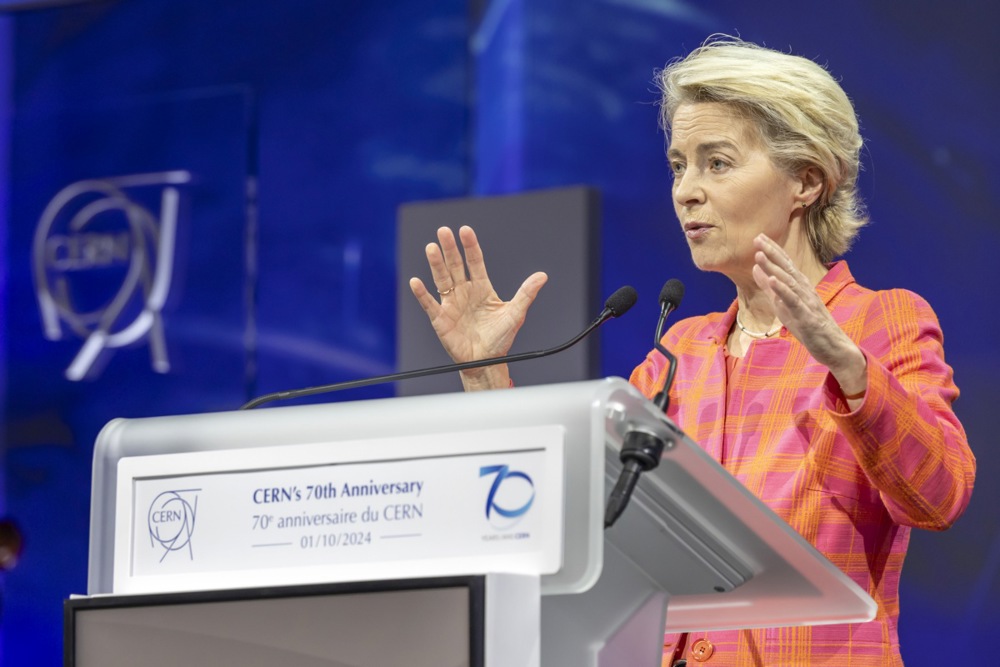The European Court of Justice has announced a November 15 start date for the New York Times’ Pfizergate legal case against the European Commission.
The case surrounds the von der Leyen commission’s failure to release a series of mobile phone texts exchanged by the Commission President and Pfizer CEO Albert Bourla, within which some claim key details of the EU’s Covid vaccine procurement programme were discussed.
A 15-judge grand chamber will hear the case on November 15, the Financial Times reports.
Generally, this chamber deals with highly complex cases or those deemed to be of high importance, the British newspaper noted.
“The court is expected to decide on the admissibility of evidence, and then ask the Commission’s legal representatives to explain whether the texts ever existed, and if so, why they were not recorded. They are also expected to be asked if they were destroyed, and if so, on what grounds”, the FT writes.
The hearings of von der Leyen in the top court happen just days after the European Parliament plans to hold its commissioner confirmation hearings.
In July of this year, the EU’s general court ruled that the Commission unlawfully concealed some details of its Covid-19 vaccine procurement contracts in a separate case, while the EU’s outgoing ombudsman, Emily O’Reilly, described the failure to release the texts as an example of EC “maladministration”.
After pressure from MEPs and the public, the Commission eventually revealed the purchase deals in 2022, but the court determined that the Commission had erred in redacting parts of them.
The court case was brought by Green MEPs who have been very critical of von der Leyen’s handling of the case.
The decision by the European Commission to give a vaccine-production contract to US pharmaceutical giant Pfizer has haunted the Commission and President von der Leyen, with the subsequent public scandals becoming known as Pfizergate.
After it became known that the EU paid a very high price for the vaccines, it turned out the deal was likely made after “secretive” texts sent between Pfizer CEO Albert Bourla and the Commission President.
When the New York Times requested access to the messages between von der Leyen and Bourla, the Commission stated that it had “no record” of them. Text messages, it claimed, are often “short-lived” and, as such, are not subject to its record-keeping requirements.
That led to the New York Times filing charges against von der Leyen, arguing that the Commission faced a legal obligation to release the messages.
.@EUombudsman Emily O’Reilly says she is “amazed” at how European Commission President Ursula von der Leyen hasn't been questioned harder on her missing Pfizer texts. https://t.co/WhZeKyoDDd
— Brussels Signal (@brusselssignal) November 29, 2023





